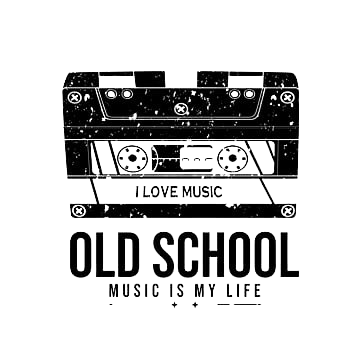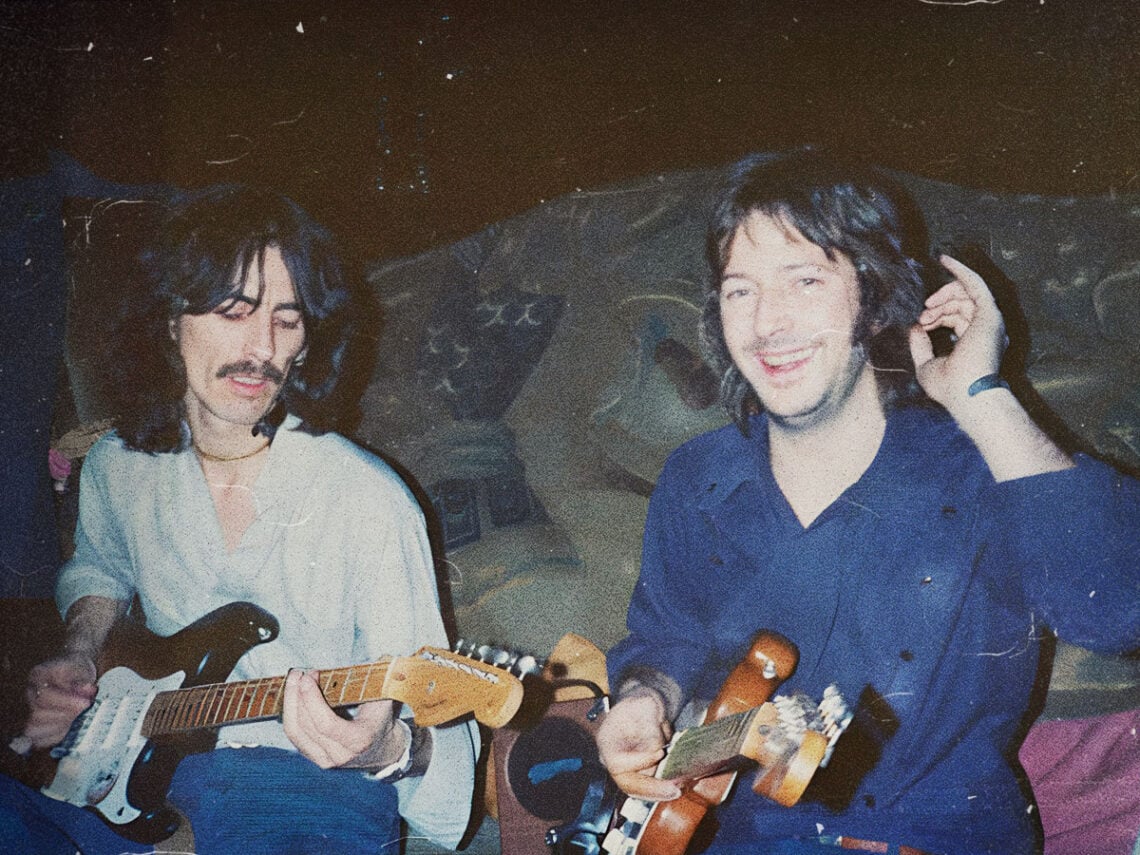The intertwining paths of Eric Clapton and The Beatles stand as a testament to the personal relationship between two undisputed musical giants. As the electrifying – albeit problematic – lead guitarist of Cream and a maestro of blues-infused rock, Clapton’s trajectory intersected with that of the Fab Four in numerous poignant moments, leaving an unforgettable mark on both his own legacy and the broader landscape of British rock music.
Of course, most fans of British rock music will be well aware of the collaborations between Clapton and The Beatles, those which took place during the recording of the band’s famed White Album. In a stroke of genius, George Harrison invited his good friend Clapton to contribute guitar to the now famed track ‘While My Guitar Gently Weeps’. Clapton’s soaring, soulful solo on the song remains a defining moment in rock history, showcasing his unparalleled ability to infuse emotion into every note.
But, of course, on reflection, Clapton doesn’t quite sit on the same level of greatness. While The Beatles transitioned from mop-top lovable rogues singing lovely ditties to dodging questions about LSD, heroin use ,and in-fighting about money and business, Clapton took another route. For all of his musical merit, Clapton is a divisive figure who has been no stranger to controversy. The majority of this centres around his drunken racist outburst in 1976, something that should never be forgotten and that undoubtedly changes the complexion of his standing.
Yet despite the troubling views on life and society, Clapton stands as a musician who changed the face of contemporary culture as we know it today, the centre of a never-ending ‘art vs artist’ debate that rightfully puts fans in a moral dilemma. While his own exploits standalone on credit, Clapton’s first foray into the mad world of The Beatles is perhaps his most wholesome work. It began when he took part in sessions at Abbey Road in 1968 for the White Album, which was such a roaring success that he was asked to join the band as a permanent fixture just a year later.
Those initial recording sessions would spawn ‘While My Guitar Gently Weeps‘, which would mark the first time anyone outside of the four Beatles members had taken a leading role on the song and picked up the reigns of lead guitar. It was a track that initially made Clapton nervous, reportedly asking George Harrison, ‘What will they say?’ in regards to the watchful eyes of John Lennon and Paul McCartney.
Later that year, Clapton would share the stage again with Lennon, a time when the two performed at The Rolling Stones’ Rock and Roll Circus with Keith Richards, Yoko Ono, and Mitch Mitchell as The Dirty Mac. Clapton delivered another masterclass and, as a result, Lennon was full of adoration for his guitar playing. Seizing an opportinity during a time when Harrison would tender his resignation from the Beatles in 1969, Lennon knew the one man who he wanted to take his spot.
After Harrison walked out, Lennon said to his remaining bandmates: “I think if George doesn’t come back by Monday or Tuesday, we ask Eric Clapton to play,” he told Get Back director Michael Lindsay-Hogg. “We should just go on as if nothing’s happened.”
Of course, this dilemma would never come to fruition because of how soon Harrison would walk back on his intention to quit the band. However, it could have been a very different scenario if Harrison had stuck to his guns. Clapton would later reveal that he was seriously weighing up this opportunity that had seemingly been gifted to him and would have catapulted his career to yet another level of stardom.
When appearing Martin Scorsese’s 2011 George Harrison documentary Living in the Material World, Clapton spoke extensively about his long friendship with George as well as what his relationships were like with the other members of the band and what it was like to work on the White Album.
During the film, Clapton was asked about the story about Lennon planning to bring him into The Beatles rather than trying to convince Harrison to return to the set up in January 1969. “Yeah,” Clapton replies. As a follow-up, Clapton is asked if ever considered what it would be like being in The Beatles.
Clapton responds by breaking into unadulterated laughter before replying: “Yeah, the pros and cons of being in a band like that were massively extreme.” On the pro side, the self-described “lone wolf” saw a certain closeness the band had.
“There were times when it was like the closest-knit family you’ve ever seen in your life,” he said. But there was also cons to do with the band which was partly why Harrison handed in his resignation anyway that Clapton considered, adding: “The cruelty and the viciousness was unparalleled.”
John Lennon would later make an offer in the form of a lengthy letter pleading with Clapton about joining his band with Yoko Ono and Phil Spector in 1971, but Clapton would decide against this and the lone wolf would carry on his own path which served him well.

